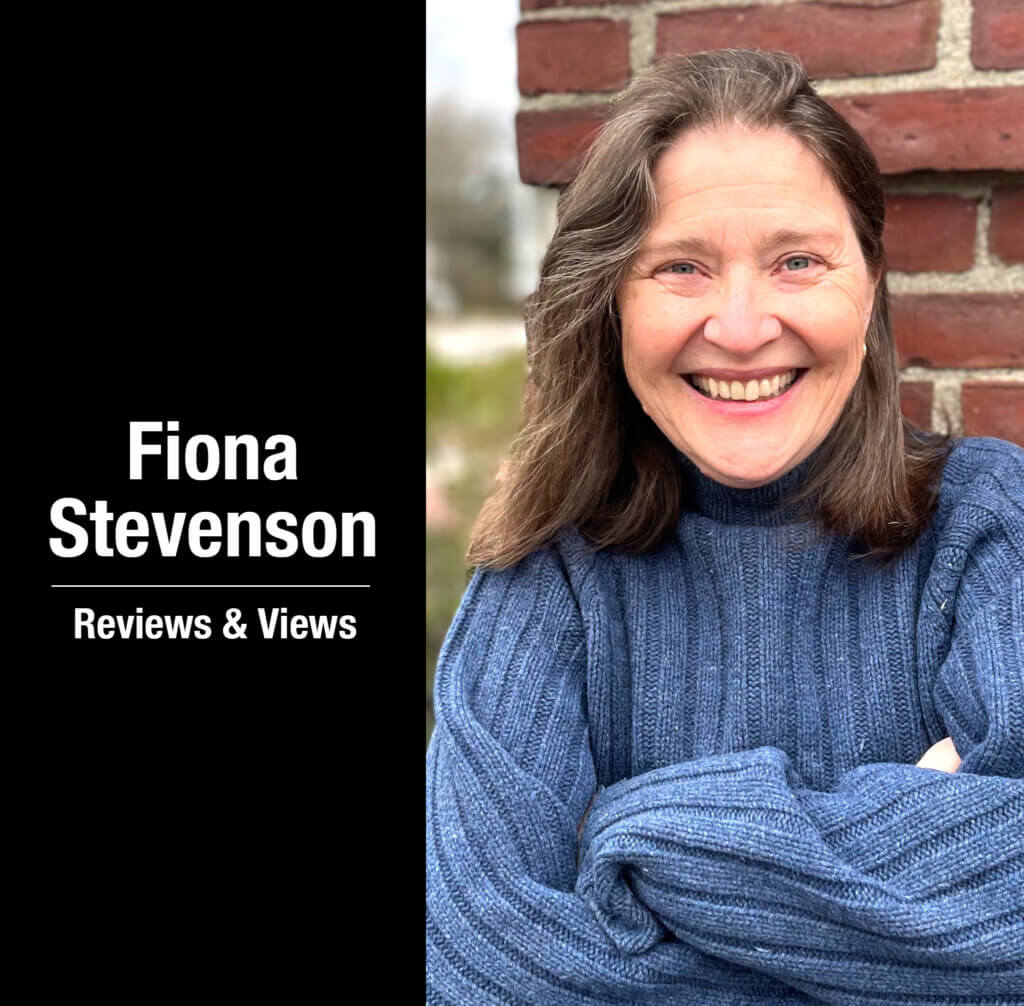There is a discussion on Reddit about the joys and difficulties of reading outside — a classic internet wormhole. Where else can you find tips to deal with the sun’s glare? (Paperback print is better, but the dark background on the newer Kindles works like a charm.) Is a cushion necessary? Don’t forget sunscreen and a fleece.
This lovely fall weather can gratify our instinct to soak up the sun before the shorter days come. Here are several of my favorite outdoor reading spots.
Along our great rivers here in Concord are public access points and landings where one can park near the water, take out a chair, and read while the boats go by. Look up to see herons, turtles, and dragonflies join the parade. You could savor “A Week on the Concord and Merrimack Rivers” by Henry David Thoreau (Library of America), a mellow tale of a boat trip he took in 1839 with his brother. You may be inspired to rent a kayak or canoe from the South Bridge Boat House and paddle to the confluence of the Sudbury and Assabet Rivers at Egg Rock, where they become the Concord River. On Egg Rock are carved these words:
“On the hill Nashawtuck
at the meeting of the rivers
and along the banks
lived the Indian owners of
Musketaquid
before the white men came”
I recommend taking an older child with you. Forbid phone use for fear of its falling into the river, and — voilà — you have a chance to talk, plus energetic young arms to keep you going. Afterward, you could give them “Outfoxed” by Elise McMullen-Ciotti (Scholastic) for ages 8-12. Two Native girls in Massachusetts must solve a poaching mystery with the aid of a park ranger and wrestle with the complex legacy of being ancestral stewards of nature. The Wildlife Rescue series by Kate Messner (Bloomsbury) delivers good chapter reads for younger kids who care about their environment and love animals.
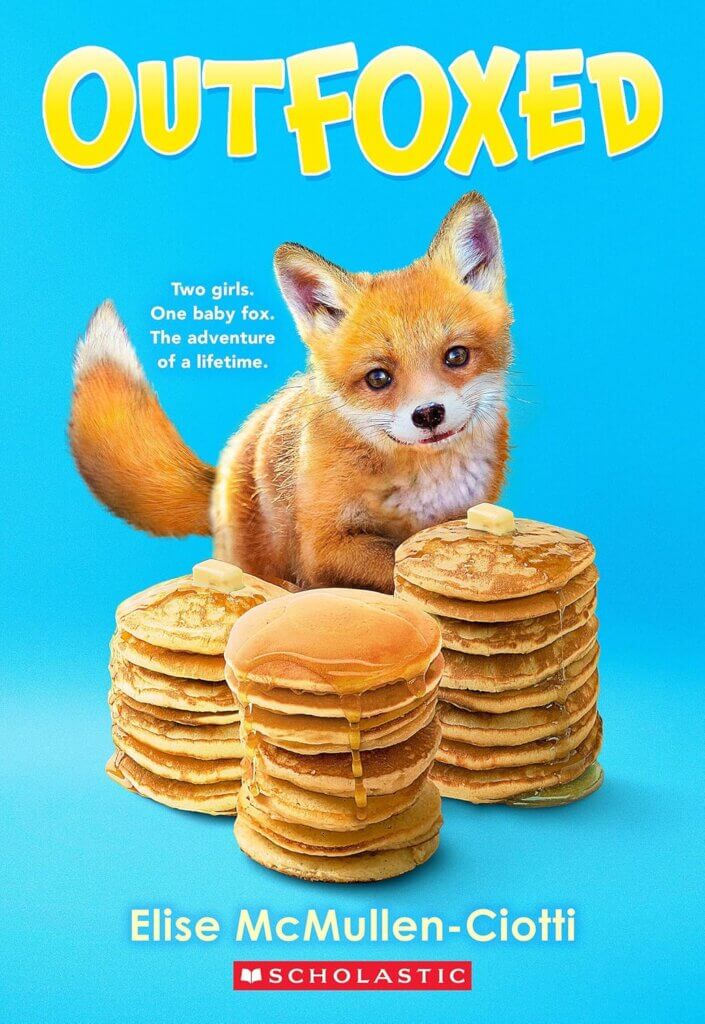
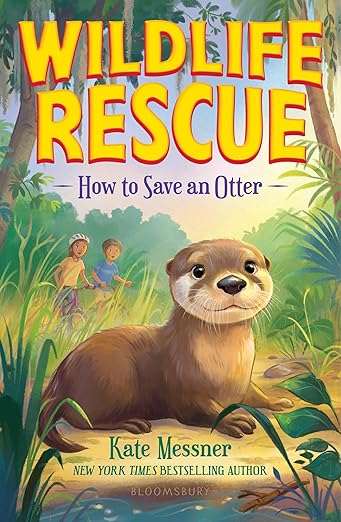
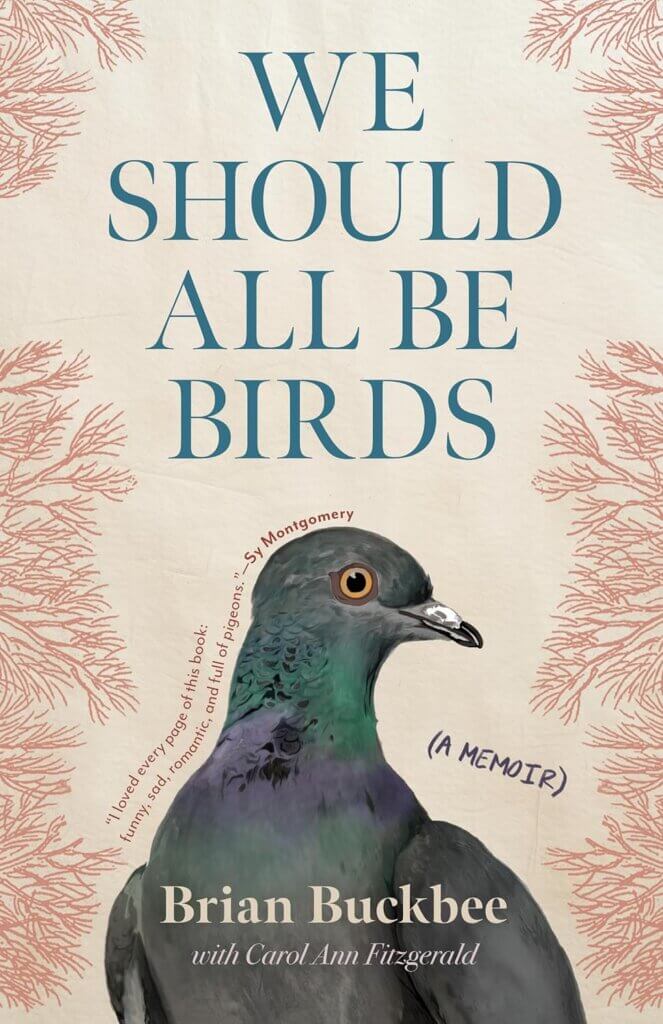
Outside office buildings and medical centers, there’s usually a picnic bench for staff use. My favorite is adjacent to the Damon Mill parking lot, beside the Assabet River. All sorts of animal life are there. “We Should All Be Birds” by Brian Buckbee (Tin House Books) is a memoir about a man with a debilitating illness and a tragic past, who developed a friendship with a rescue pigeon and found a new way to live and find love again. Use Merlin, an app from the Cornell Lab of Ornithology, which reveals what bird sound you’re hearing.
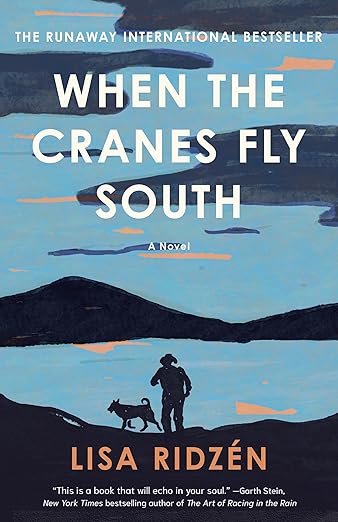
One benefit of the Bruce Freeman Rail Trail is discovering how popular it is with the young, old, and in-between. “When the Cranes Fly South” by Lisa Ridzen, translated from Swedish by Alice Menzies (Vintage), is a European bestseller that tells of a family who must forgive one another as they forge a future with the help of local people. A fine place to find community is the Fowler Library, where you can sit in its back garden while you read.
That setting might inspire you to start a planter or window box or buy some local veggies after taking out “The Cook’s Garden: A Gardener’s Guide to Selecting, Growing and Savoring the Tastiest Vegetables of Each Season” by Kevin West (Knopf), full of ideas for healthy eating. If the weather’s not fit for outside reading and you decide to tackle some indoor chores, pick up “Cleaning House: The Fight to Rid Our Homes of Toxic Chemicals” by Lindsay Dahl (Dey Street), which will warn you off certain staples but help you to find a way to make your home — and the planet — safer.
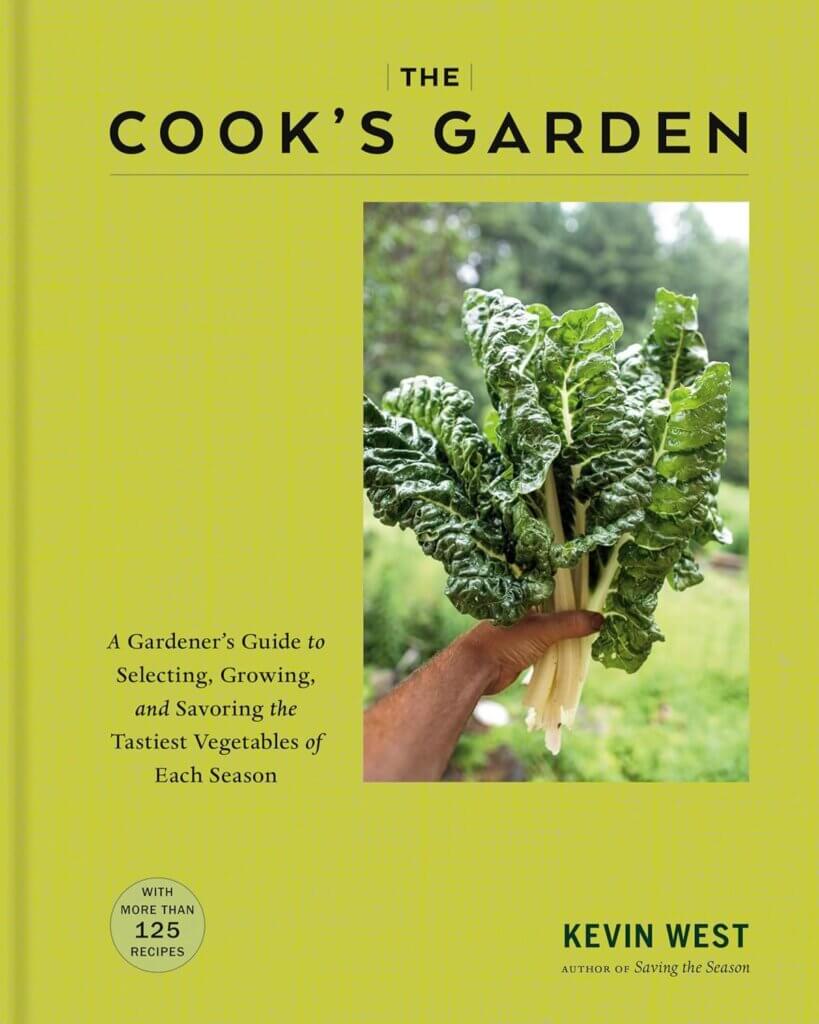

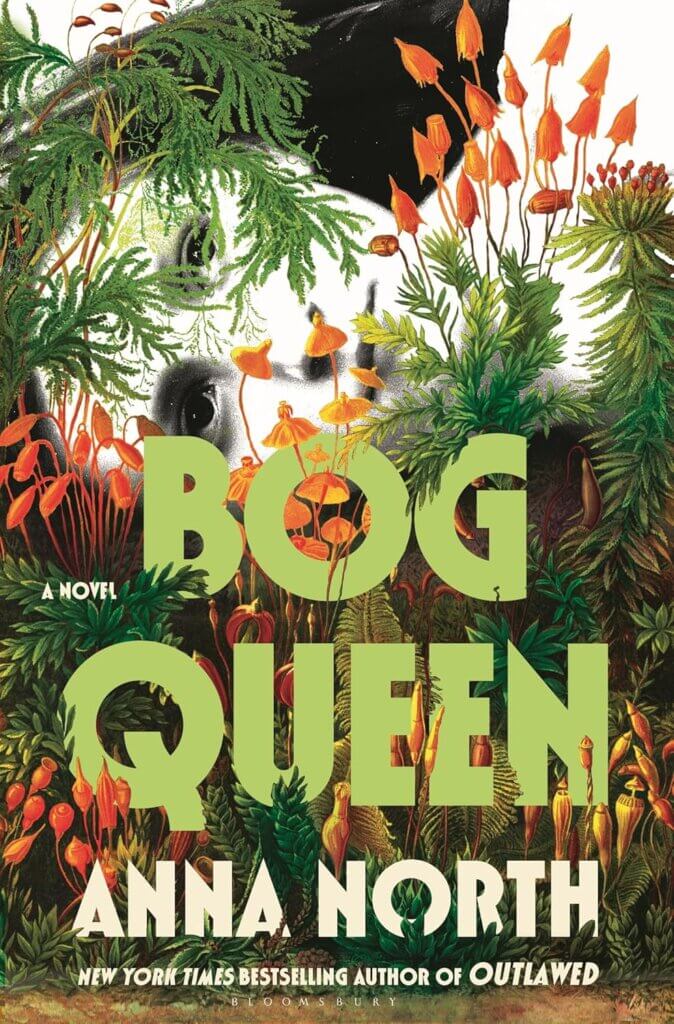
At the Cranberry Bog in Carlisle’s Nelson Park, benches let you sit and take a long view of seasonal change. The melancholy of saying goodbye to expiring plants may remind us of other farewells, but that sadness is certainly part of New England’s famous fall scenery. No one captured that feeling of beauty and repulsion better than the Dutch painters of their Golden Age. I plan to see “Rachel Ruysch: Artist, Naturalist and Pioneer at the MFA” this fall to wallow in her gorgeous images. Remember to book a museum pass at the Concord Free Public Library to get reduced admission, courtesy of the CFPL Friends. Meanwhile, I’m going to read “Bog Queen” by Anna North (Bloomsbury), a mystery about an American forensic anthropologist who tries to solve a 2,000-year-old English death, while dealing with activists, rogue peat-cutters, and her own connection to the case.
If you get the chance, find a place to sit and watch the stars. I may pick up “Ripples on the Cosmic Ocean: An Environmental History of Our Place in the Solar System” by Dagomar Degroot (Harvard), a history of human beings’ relationship to the cosmos, a vision of a techno-utopia in outer space, and a possible explanation of why Elon Musk is so determined to colonize Mars. Read a child “Grandmother Moon” by Wunneanatsu Lamb-Cason (Beaming Books), a picture book by a local Indigenous author that captures the magic of being out at night with a trusted adult.
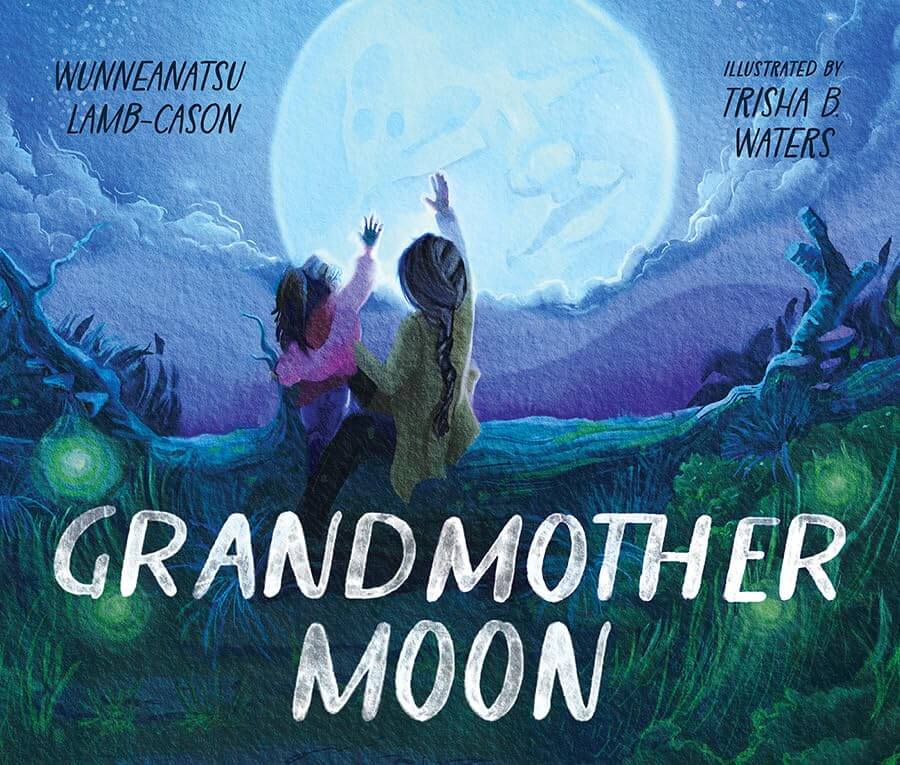
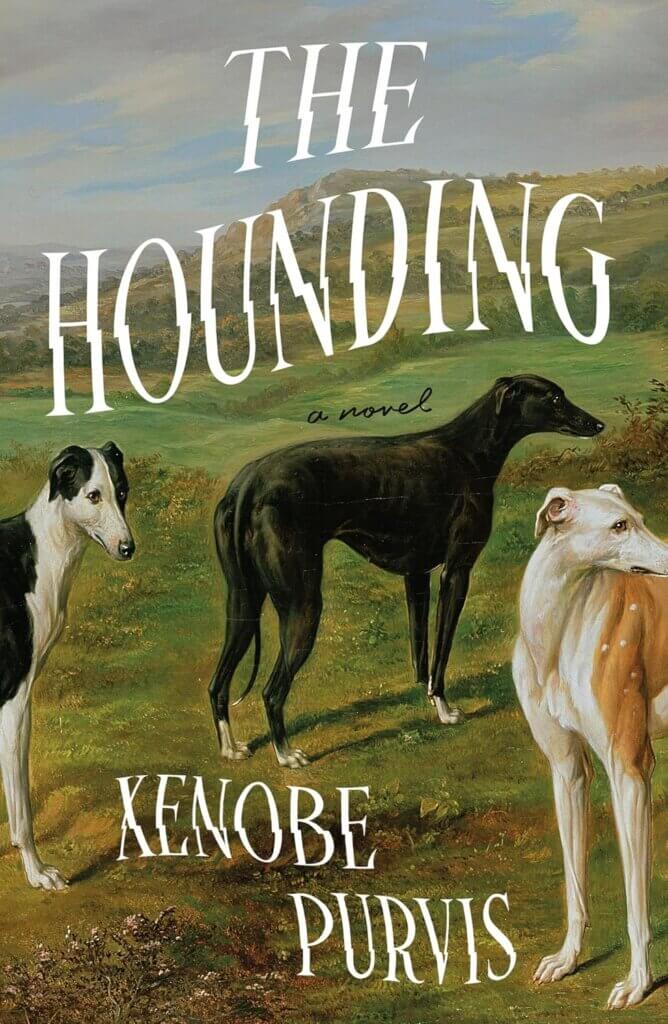
There’s a nice recreation area at Gerow Park overlooking Warner’s Pond with plenty of seating where dogs and their walkers come to play. I just finished “The Hounding” by Xenobe Purvis (Henry Holt), a tale of five sisters who are rumored to turn into dogs but who may also be too feisty for their 18th-century English village. It’s quite creepy, so I recommend reading it by day, though you may not look up at the surrounding canines the same way.
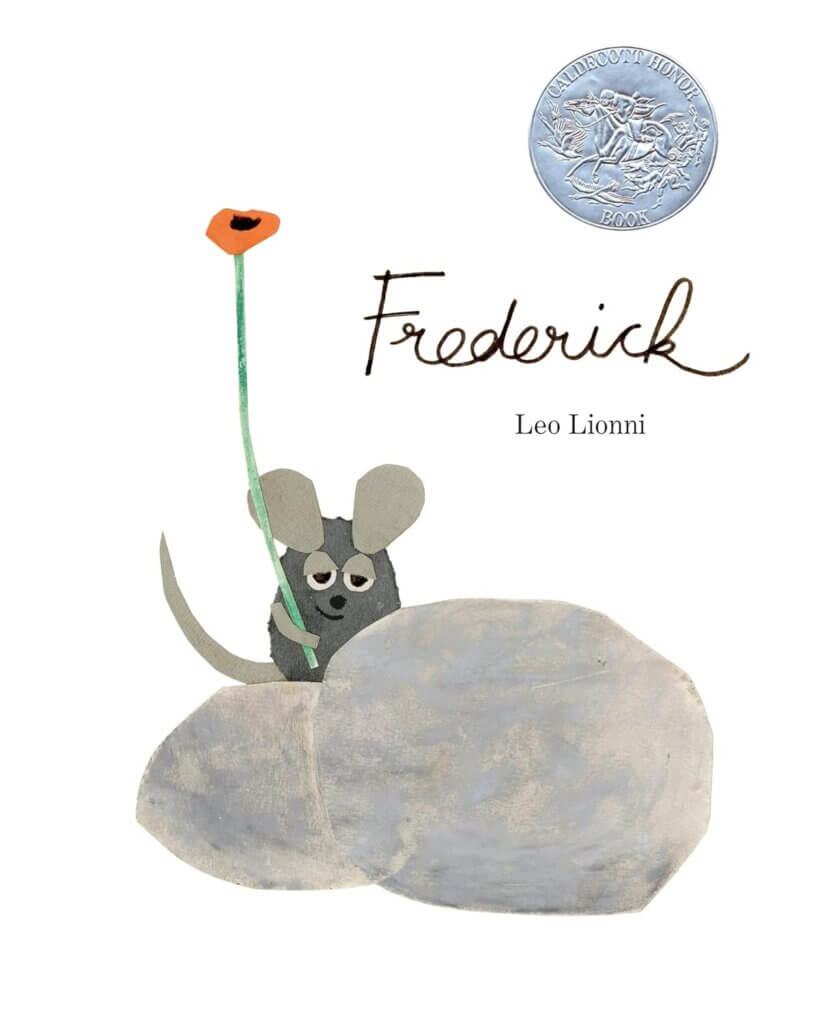
Not all of us have the luxury to read outside, but a book can store up for later access the kind of connection that the great Leo Lionni did with his picture book “Frederick” (Knopf), where an apparently idle field mouse comforts his peers in winter with memories of summer. “Frederick, you’re a poet” they cry, and he replies, kindly, “I know it.”

